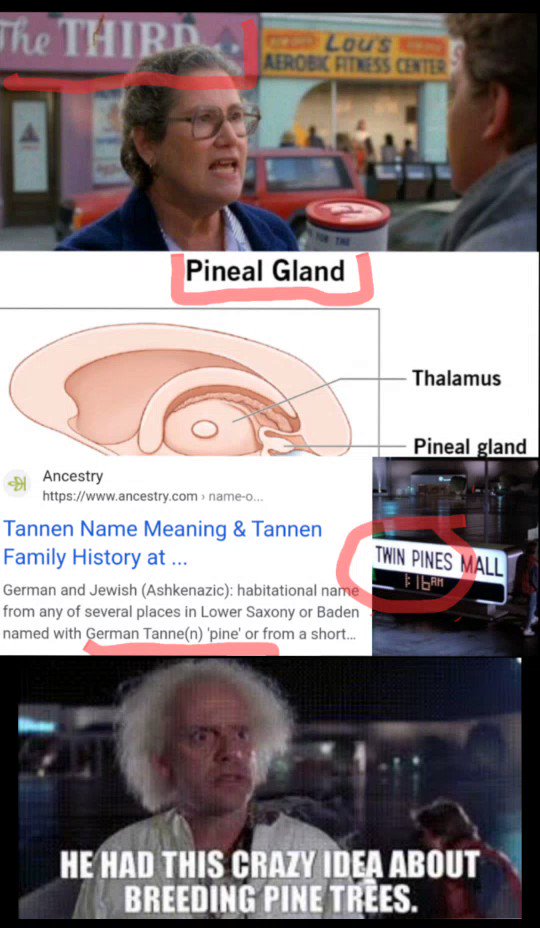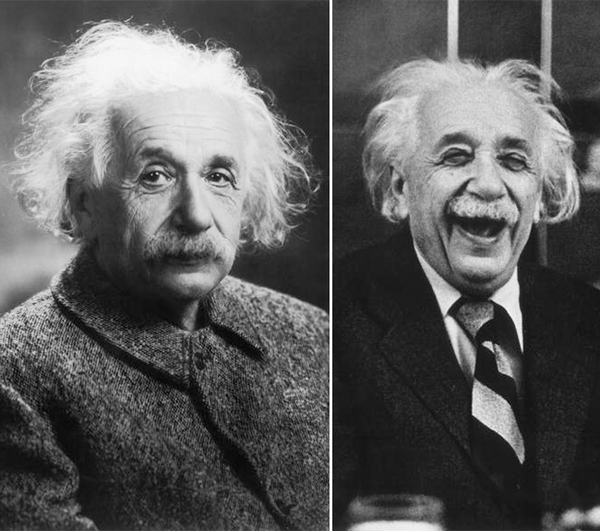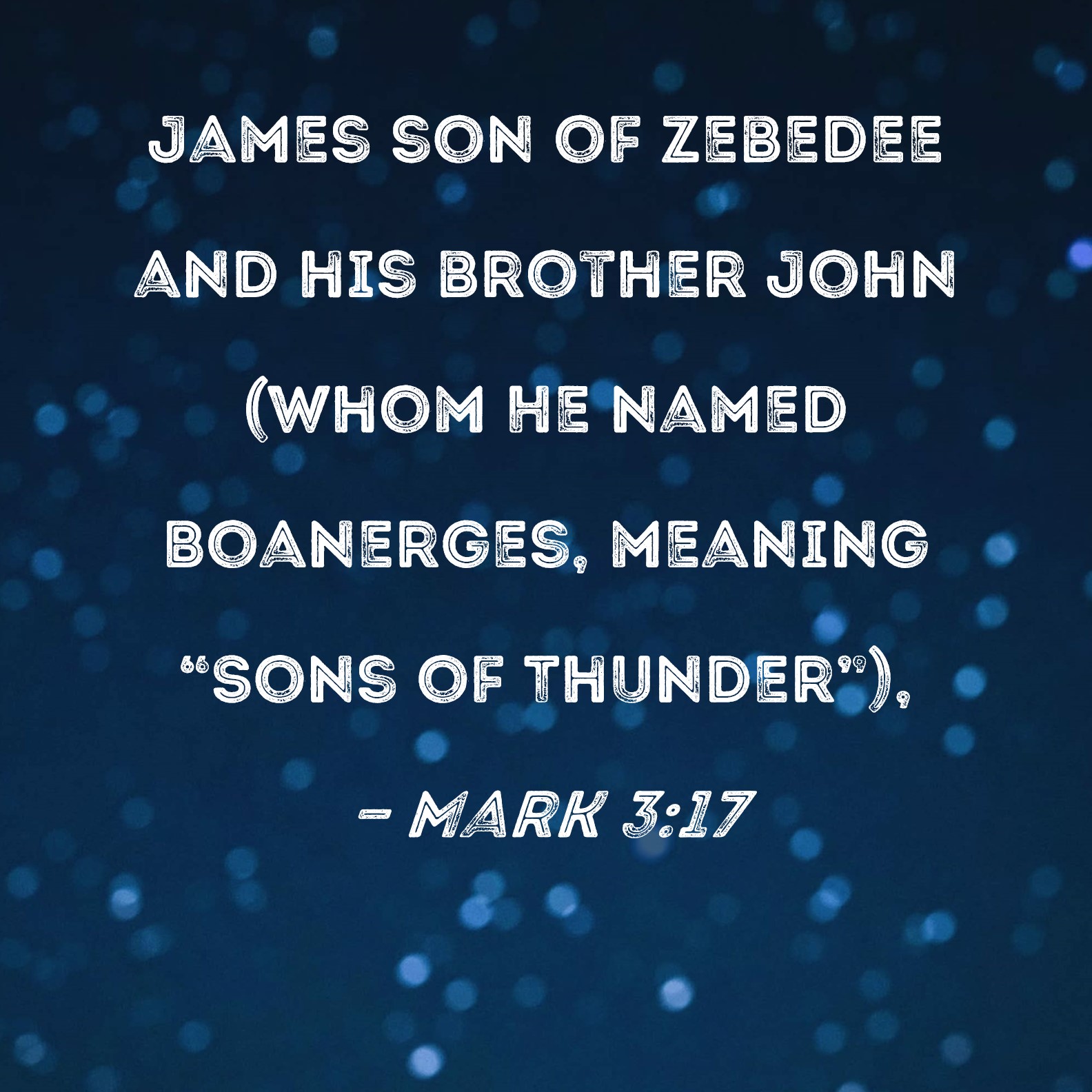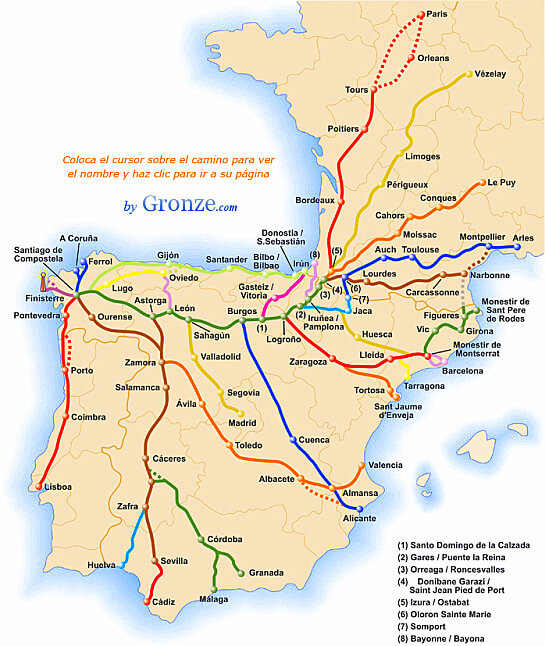|
|
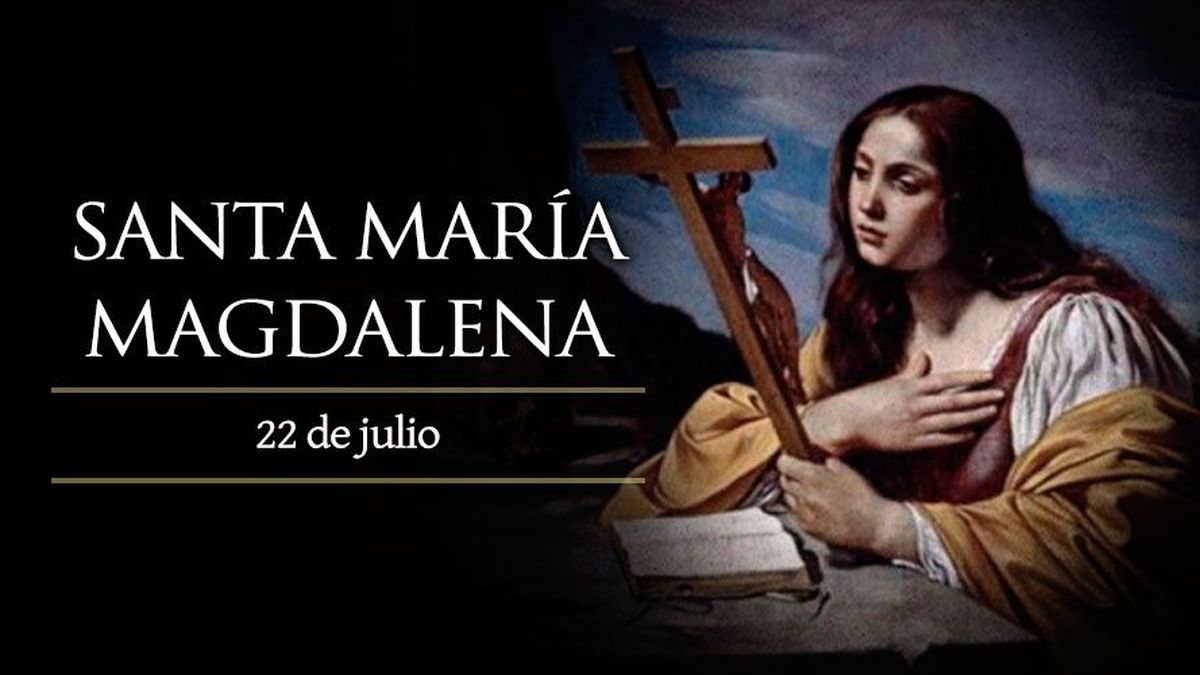  
VIDEO | 22 de Julio de 1947: Evita es recibida por Vicent Auriol, el presidente de Francia

Tuvo una agenda bastante apretada, con importantes reuniones para firmar acuerdos internacionales.
La “Gira del Arco Iris” de Evita por Europa y Sudamérica se realizó con el objetivo de fortalecer relaciones en el exterior, en un contexto de post Segunda Guerra Mundial. La primera dama fue enviada por Juan Domingo Perón para representar al gobierno peronista y al país. En primer lugar, llegó a España, donde se entrevistó con el general Francisco Franco y miles de españoles se rindieron a sus pies. Después se instaló en Italia, Portugal, Francia, Suiza, Mónaco, el Vaticano, Brasil y Uruguay.
El 22 de julio de 1947, la “abanderada de los humildes” llegó a Paris. Fue recibida por Georges Bidault, ministro de Exteriores francés. Además, la esperaba un grupo de mujeres y de niños que se mezclaban con las banderas de Argentina y de Francia. Las autoridades de la capital del país galo pusieron a disposición de Eva el automóvil del general Charles De Gaulle, un honor que hasta el momento sólo se había reservado para el primer ministro británico Winston Churchill. Con ese rodado, la oriunda de Los Toldos conoció la catedral de Notre Dame.
Evita ingresó a Notre Dame y se entrevistó con el monseñor Roncalli, quien en 1958 se convertiría en Papa y recibiría la denominación de Juan XXIII. Fuentes cercanas a la primera dama, sostienen que durante la entrevista que tuvieron, la joven argentina de 27 años le explicó la idea de realizar una fundación de ayuda social (la cual crearía al regresar al país) y recibió como respuesta: “Le recomiendo dos cosas: que prescinda por completo de todo papelerío burocrático, y que se consagre sin límites a su tarea”. Ambas las cumplió con excelencia.
Durante el tiempo en Francia, Evita estuvo hospedada en el Hotel Ritz. Tuvo una agenda bastante cargada de reuniones para firmar acuerdos internacionales. Uno de ellos fue con el presidente Vincent Auriol, con quien firmó un tratado que incluía el intercambio en particular de cuero, carne, cereales, aceites, y quebracho a cambio de acero, automóviles, diversos productos mecánicos, y en particular máquinas textiles, productos químicos.
“En su entrevista con el ministro de Relaciones Exteriores, Georges Bidault, uno de los principales dirigentes de la resistencia interior a la ocupación alemana, Evita le planteó que era muy desagradable que Francia, país amigo de la Argentina, tuviera una calle en París y una estación del Métropolitain que se llamara Obligado, por la batalla de la Vuelta de Obligado. Le recordó que la Escuadra naval anglofrancesa había logrado ganar la batalla, pero había pedido la guerra. Y le pidió que le cambiaran el nombre.
Dos días después, cuando se firmaban los acuerdos comerciales por los cuales la Argentina otorgaba a Francia un crédito para compras de cereales de 200 millones de dólares, el presidente Vincent Auriol le comunicó que en aras de la renovada amistad franco argentina serían cambiados los nombres de la estación del Métropolitain y de la calle”. De esta manera, la calle Vuelta de Obligado pasó a denominarse “d’Argentine”. Evita, una luz en la historia argentina que dejó su rastro en París.
https://www.agencianova.com/nota.asp?n=2022_7_24&id=112712&id_tiponota=81
Julio Victorica Roca
 Placa en la Rue d'Argentine de París con homenaje del embajador Victorica Roca (1948).
Julio Victorica Roca (Buenos Aires, 1893-ibídem, 27 de noviembre de 1955)1 fue un hacendado y político argentino. Fue diputado nacional por la provincia de Buenos Aires (1942-1943) y embajador argentino en Francia (1947-1949).
Nació en Buenos Aires en 1893,1 hijo de Benjamín Victorica Urquiza, siendo nieto de Benjamín Victorica.23 Por el lado materno, era sobrino nieto de Julio Argentino Roca.4
Hacendado, era dueño de un haras de caballos en Balcarce, ciudad donde presidió el comité local de la Unión Cívica Radical (UCR) y donde fue comisionado municipal.15
En las elecciones legislativas de 1942, fue elegido diputado nacional por la provincia de Buenos Aires en la lista de la UCR. No completó su mandato, que se extendía hasta 1946, por el golpe de Estado del 4 de junio de 1943.6
Durante el gobierno de Juan Domingo Perón, fue designado embajador especial para asistir al acto de asunción del presidente chileno Gabriel González Videla en 1946, y al año siguiente fue nombrado embajador en Francia, cargo que ejerció hasta 1949.1 En su período en París, acompañó la visita oficial de Eva Perón en 1947, y firmó con el ministro de Asuntos Exteriores Georges Bidault un convenio comercial y financiero.78
Posteriormente fue director del Banco Argentino de Comercio.1
Falleció en Buenos Aires en noviembre de 1955.1
21 DE JULIO DE 1947 / EVITA LLEGA A FRANCIA
https://todoperon.org/21-de-julio-de-1947-evita-llega-a-francia/
|
|
|
|
|
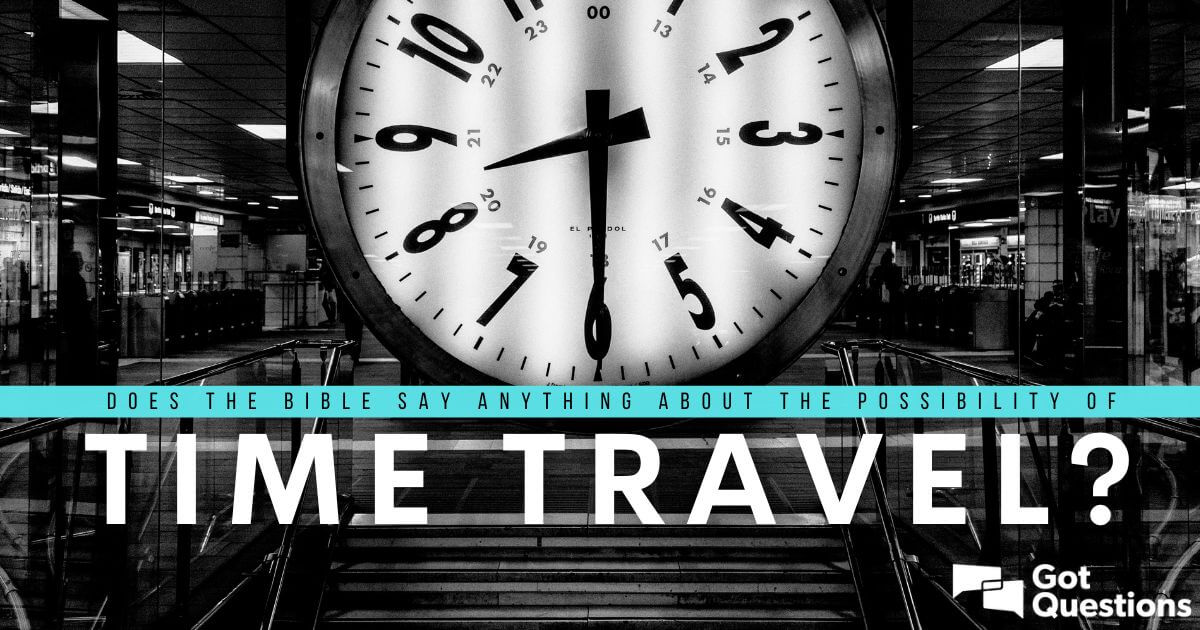
New International VersionIt is as if the dew of Hermon were falling on Mount Zion. For there the LORD bestows his blessing, even life forevermore.
New Living TranslationHarmony is as refreshing as the dew from Mount Hermon that falls on the mountains of Zion. And there the LORD has pronounced his blessing, even life everlasting.
English Standard VersionIt is like the dew of Hermon, which falls on the mountains of Zion! For there the LORD has commanded the blessing, life forevermore.
Berean Standard BibleIt is like the dew of Hermon falling on the mountains of Zion. For there the LORD has bestowed the blessing of life forevermore.
King James BibleAs the dew of Hermon, and as the dew that descended upon the mountains of Zion: for there the LORD commanded the blessing, even life for evermore.
New King James VersionIt is like the dew of Hermon, Descending upon the mountains of Zion; For there the LORD commanded the blessing— Life forevermore.
New American Standard BibleIt is like the dew of Hermon Coming down upon the mountains of Zion; For the LORD commanded the blessing there—life forever.
NASB 1995It is like the dew of Hermon Coming down upon the mountains of Zion; For there the LORD commanded the blessing— life forever.
NASB 1977It is like the dew of Hermon, Coming down upon the mountains of Zion; For there the LORD commanded the blessing—life forever.
Legacy Standard BibleIt is like the dew of Hermon Coming down upon the mountains of Zion; For there, Yahweh commanded the blessing—life forever.
Amplified BibleIt is like the dew of [Mount] Hermon Coming down on the hills of Zion; For there the LORD has commanded the blessing: life forevermore.
Christian Standard BibleIt is like the dew of Hermon falling on the mountains of Zion. For there the LORD has appointed the blessing — life forevermore.
Holman Christian Standard BibleIt is like the dew of Hermon falling on the mountains of Zion. For there the LORD has appointed the blessing— life forevermore.
American Standard VersionLike the dew of Hermon, That cometh down upon the mountains of Zion: For there Jehovah commanded the blessing, Even life for evermore.
Contemporary English VersionIt is like the dew from Mount Hermon, falling on Zion's mountains, where the LORD has promised to bless his people with life forevermore.
English Revised VersionLike the dew of Hermon, that cometh down upon the mountains of Zion: for there the LORD commanded the blessing, even life for evermore.
GOD'S WORD® TranslationIt is like dew on [Mount] Hermon, dew which comes down on Zion's mountains. That is where the LORD promised the blessing of eternal life.
Good News TranslationIt is like the dew on Mount Hermon, falling on the hills of Zion. That is where the LORD has promised his blessing--life that never ends.
International Standard VersionIt is like the dew of Hermon falling on Zion's mountains. For there the LORD commanded his blessing— life everlasting.
Majority Standard BibleIt is like the dew of Hermon falling on the mountains of Zion. For there the LORD has bestowed the blessing of life forevermore.
NET BibleIt is like the dew of Hermon, which flows down upon the hills of Zion. Indeed that is where the LORD has decreed a blessing will be available--eternal life.
New Heart English Biblelike the dew of Hermon, that comes down on the hills of Zion: for there the LORD gives the blessing, even life forevermore.
Webster's Bible TranslationAs the dew of Hermon, and as the dew that descended upon the mountains of Zion: for there the LORD commanded the blessing, even life for ever.
World English Biblelike the dew of Hermon, that comes down on the hills of Zion; for there Yahweh gives the blessing, even life forever more.
Literal Translations
Literal Standard VersionAs dew of Hermon—That comes down on hills of Zion, "" For there YHWH commanded the blessing—Life for all time!
Young's Literal TranslationAs dew of Hermon -- That cometh down on hills of Zion, For there Jehovah commanded the blessing -- Life unto the age!
Smith's Literal TranslationAs the dew of Hermon coming down upon the mountains of Zion: for there Jehovah commanded the blessing, life even forever.
Catholic Translations
Douay-Rheims Bibleas the dew of Hermon, which descendeth upon mount Sion. For there the Lord hath commandeth blessing, and life for evermore.
Catholic Public Domain VersionIt is like the dew of Hermon, which descended from mount Zion. For in that place, the Lord has commanded a blessing, and life, even unto eternity.
New American BibleLike dew of Hermon coming down upon the mountains of Zion. There the LORD has decreed a blessing, life for evermore!
New Revised Standard VersionIt is like the dew of Hermon, which falls on the mountains of Zion. For there the LORD ordained his blessing, life forevermore.
Translations from Aramaic
Lamsa BibleLike the dew of Hermon that falls upon the mount of Zion; for there the LORD commanded the blessing, even life for evermore.
Peshitta Holy Bible TranslatedLike the dew of Hermon that descends upon the mountain of Zion, because there LORD JEHOVAH commanded the blessing and the Life unto eternity.
OT Translations
JPS Tanakh 1917Like the dew of Hermon, That cometh down upon the mountains of Zion; For there the LORD commanded the blessing, Even life for ever.
Brenton Septuagint TranslationAs the dew of Aermon, that comes down on the mountains of Sion: for there, the Lord commanded the blessing, even life for ever.
Additional Translations ...
|
 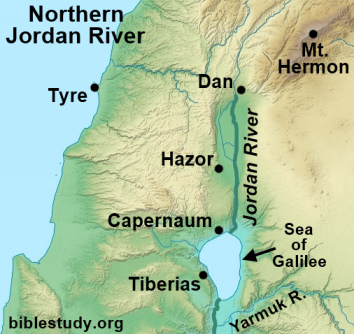  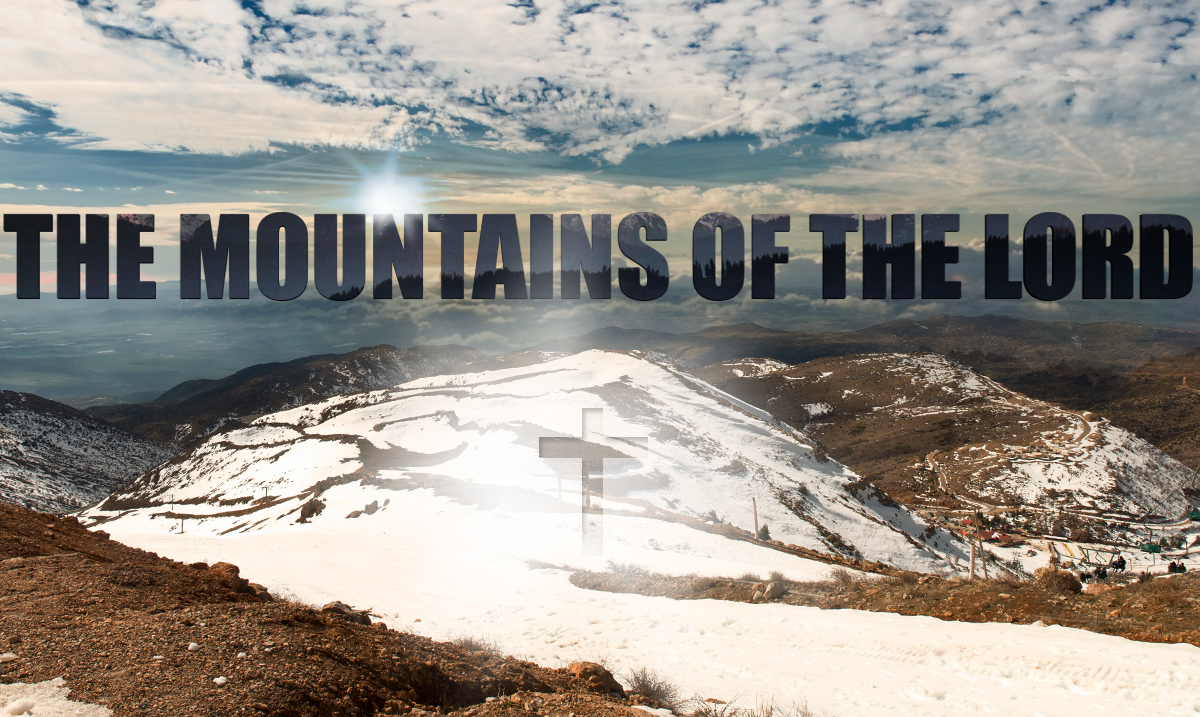  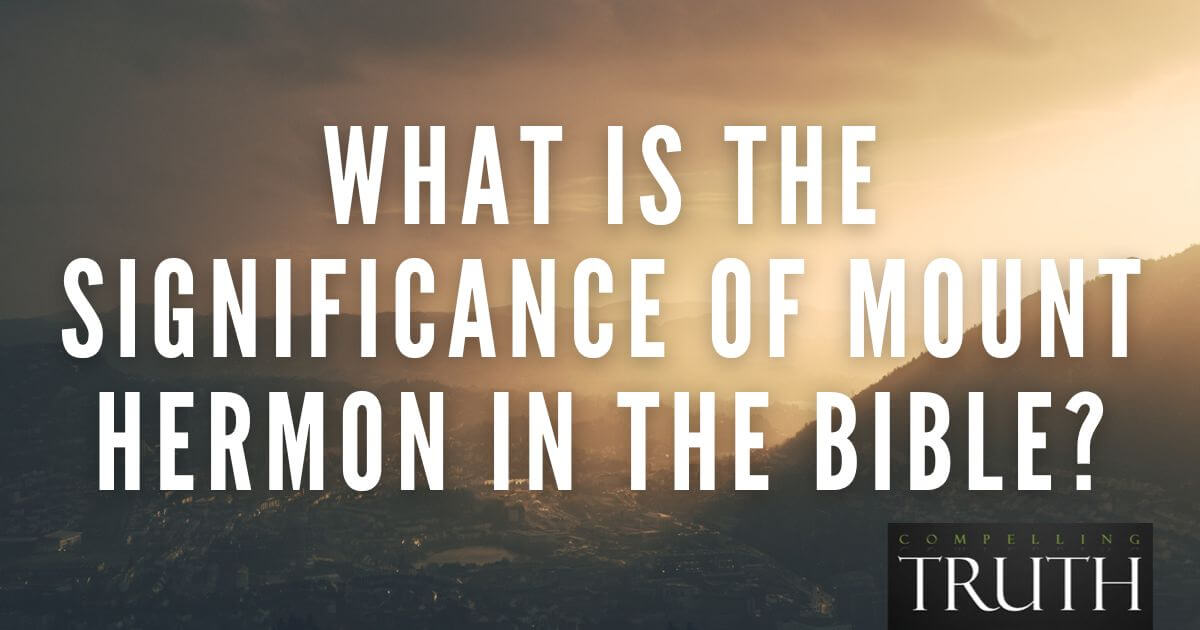 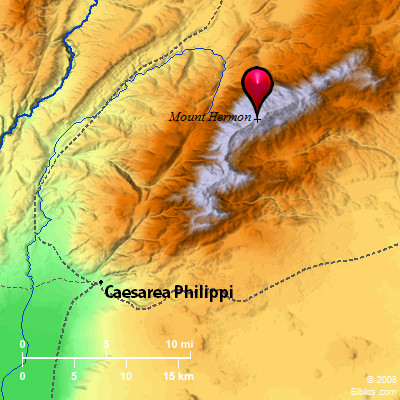 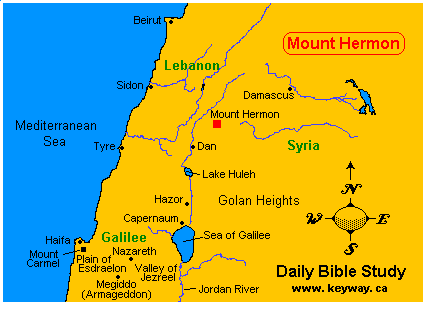   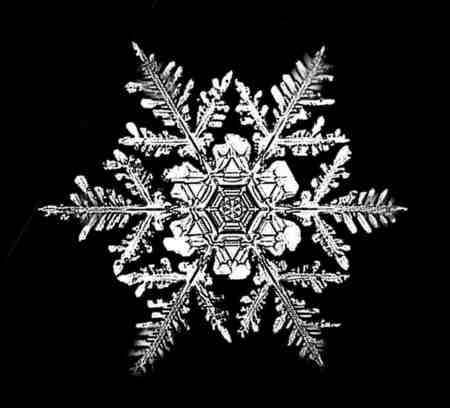  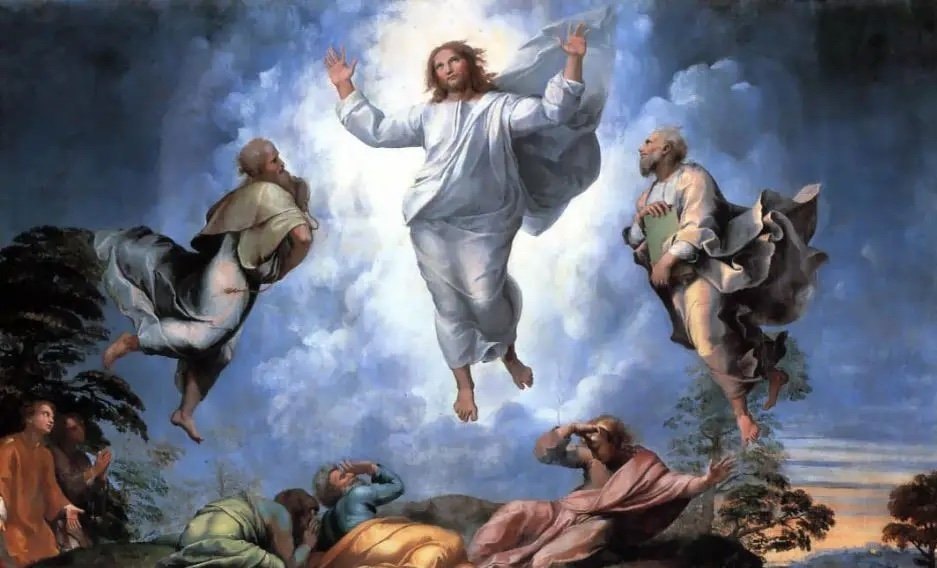  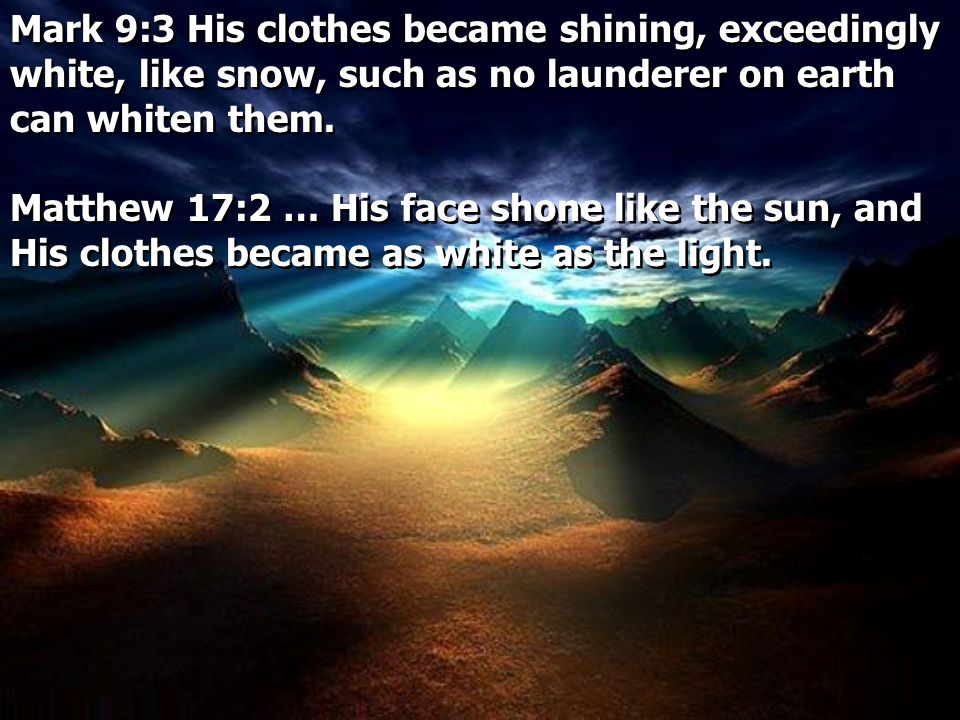  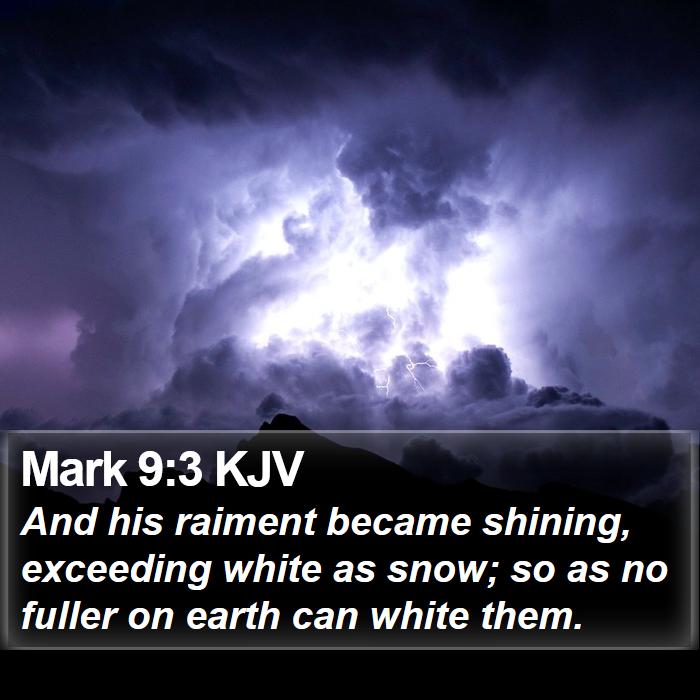
|
|
|
|
|
|
|
| , MA History, BA History

Jesus Christ had twelve disciples, each of whom accompanied the Biblical savior during His time on earth. Many of them continued His Christian work after the ascension. The twelve men were Peter, James (Jesus’ brother), John, Andrew, Philip, Judas Iscariot (who betrayed Jesus, and was replaced by Matthias), Matthew, Thomas, James, the son of Alpheus, Bartholomew, Judas Thaddeus; and Simon the Zealot. Of them all, Saint James, also known as James, brother of Jesus, James, son of Alpheus, James the Lesser, James the Minor, and James the Just, was one of the most prominent and significant.
James, Son of Alphaeus, James the Greater, and James, the Brother of Jesus
 St James the Minor, Peter Paul Rubens, 1613. Source: Wikipedia St James the Minor, Peter Paul Rubens, 1613. Source: Wikipedia
Various Gospels are often ambiguous, at times, as to which James is being referenced. Two to three James’s are spoken of in the Gospels – James, brother of John (aka James the Greater); James, brother of Jesus, and James, son of Alphaeus. The Catholic doctrine of the perpetual virginity of Mary holds that James the son of Alpheus and James, brother of Jesus are the same person, as James could not be Jesus’ physical full brother. In Protestant readings, the two are separate. If the two are separate, then very little is known regarding James, son of Alpheus.
James, Brother of Jesus
 Statue of St. James the Less in the Archbasilica of St. John Lateran by Angelo de Rossi. Source: Wikipedia Statue of St. James the Less in the Archbasilica of St. John Lateran by Angelo de Rossi. Source: Wikipedia
James, the brother of Jesus, was a follower and Disciple of Jesus Christ during His earthly ministry and one of the first leaders of the early Christian Church. He remained in Jerusalem as leader of the church following the death, burial, resurrection, and ascension of Jesus, and was likely martyred at the temple in Jerusalem.
James’ Position in the Early Church
 St. James the Minor, by Georges de la Tour, 1615-20. Source: Wikipedia St. James the Minor, by Georges de la Tour, 1615-20. Source: Wikipedia
Get the latest articles delivered to your inbox
Sign up to our Free Weekly Newsletter
In Acts 15, a Council in Jerusalem was held regarding circumcision over which James presided. The Acts 15 Council is considered probably the first Christian council, where many Apostles congregated to discuss the matter brought by Paul and Barnabas. In Galatians 1, the Apostle Paul records a meeting with James in the process of Paul confirming his conversion to the other Apostles. James may have been the first elected leader within the early church. Through the writings of Eusebius in the 200s, we have the records of Clement of Alexandria from the second century that James was elected leader of the Jerusalem Church.
St James Was Martyred
 Saint James the Less (Menologion of Basil II). Source: The Byzantine Life Saint James the Less (Menologion of Basil II). Source: The Byzantine Life
The death of James the Just around 62 CE is recorded by Eusebius, Clement of Alexandria, and Josephus. Eusebius copied the chronicles of an earlier Christian, Hegesippus, who wrote that James was martyred by being thrown from the pinnacle of the temple in Jerusalem, and beaten with a club when the fall did not kill him.
Non-canonical Writings Attributed to Saint James
 The Protoevangelium of James, James Orr. Source: Rakuten Kobo The Protoevangelium of James, James Orr. Source: Rakuten Kobo
The Gospel of James, also known as The Protoevangelium of James, is a book of unknown source that was being circulated within the second century church. Both Origen and Clement of Alexandria reference the book in their writings, so it was at least written around that time. The Gospel of James contains the first mention of the idea of the perpetual virginity of Mary, the mother of Jesus. The book was condemned by Pope Innocent I in 405, and it has generally not been accepted throughout church history as canonical due to its late writing and inconstant content.
The First and Second Apocalypse of James and the Apocryphon of James are other 2nd century books whose author claimed to be James. Each of these books were from a collection of gnostic (secret knowledge) texts found in Egypt in 1945. In addition to an authorship too late to be James, they are also part of gnostic texts written in an attempt to legitimize the early movement within Christianity.
James, the Son of Alphaeus
 Two Martyr Saints in an Initial S (Alphaeus and Zacchaeus), 14th century. Source: Victoria and Albert Museum Two Martyr Saints in an Initial S (Alphaeus and Zacchaeus), 14th century. Source: Victoria and Albert Museum
James the son of Alphaeus, while mentioned in the listings of the apostles, has very few details known regarding his life. Outside of being listed among the apostles, and described in the Gospel of Mark as “the lesser” or “the smaller,” he is barely mentioned in the Bible. Several early Christian writings attempt to identify him with James the Just, but most try to maintain the perpetual virginity of Mary in a complex manner. It is speculated that he died as a martyr by crucifixion in Ostrakine, Egypt.
https://www.thecollector.com/who-was-saint-james-brother-of-jesus/ |
|
|
|
|
|
 Primer Primer
 Anterior
16 a 30 de 30
Siguiente Anterior
16 a 30 de 30
Siguiente
 Último
Último

|





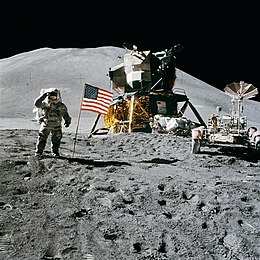








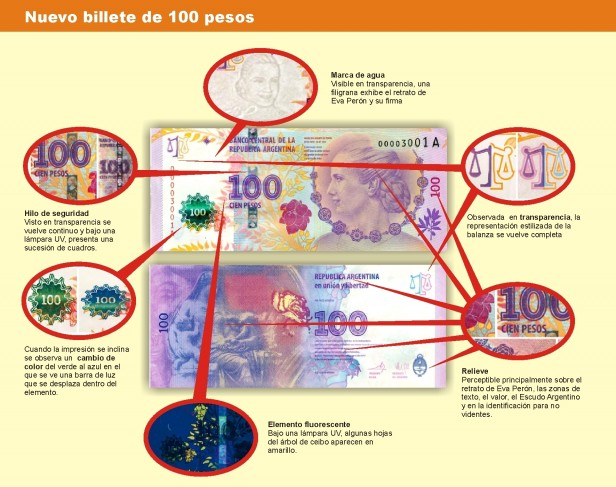
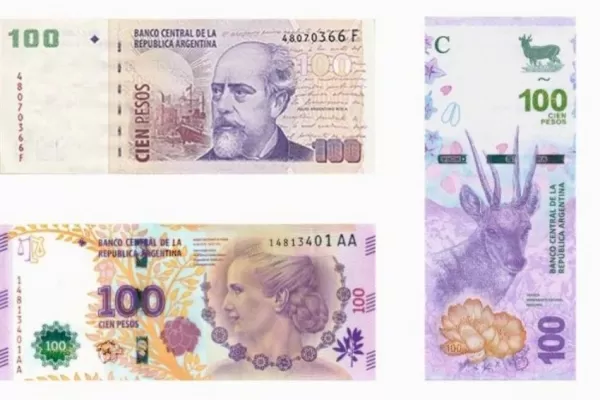










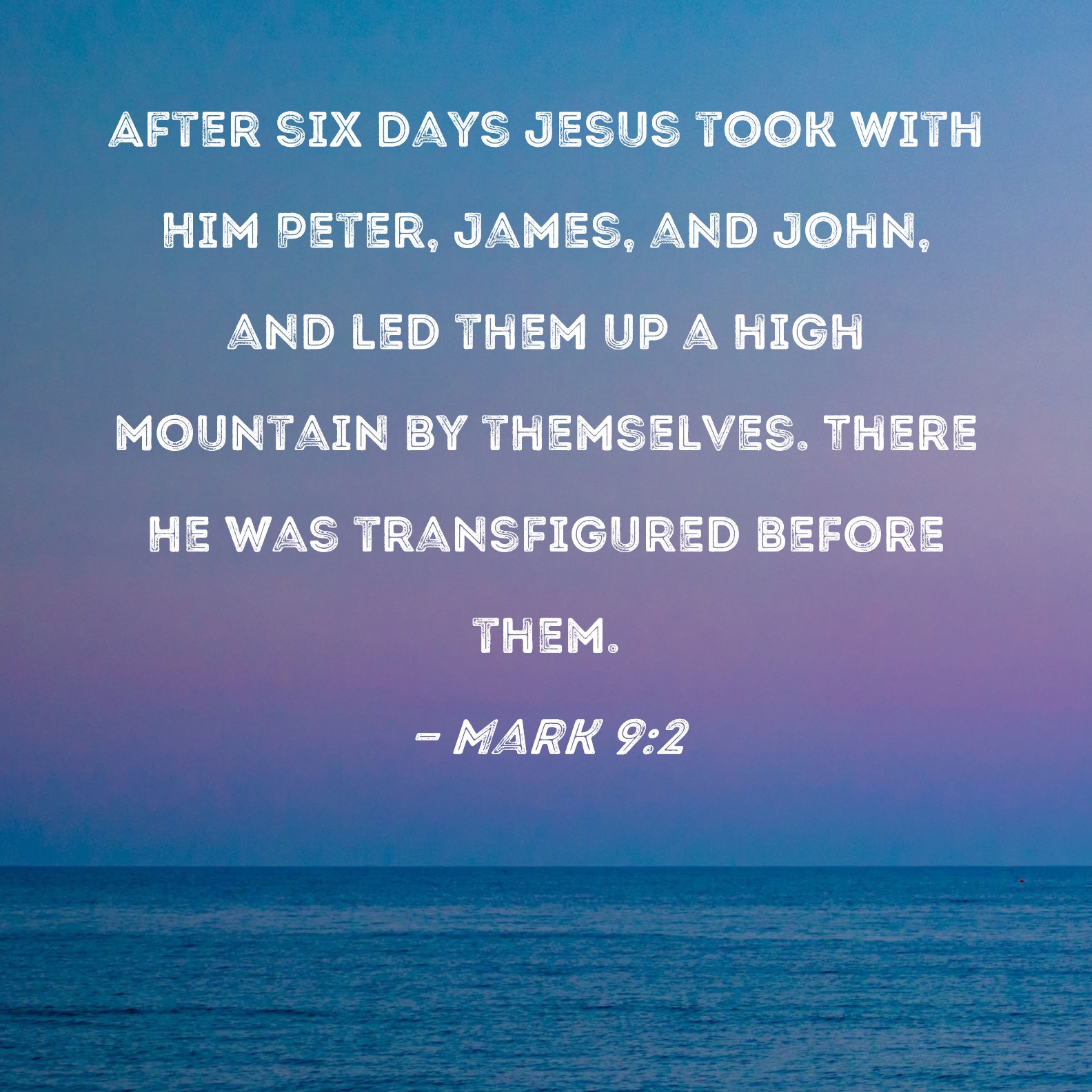
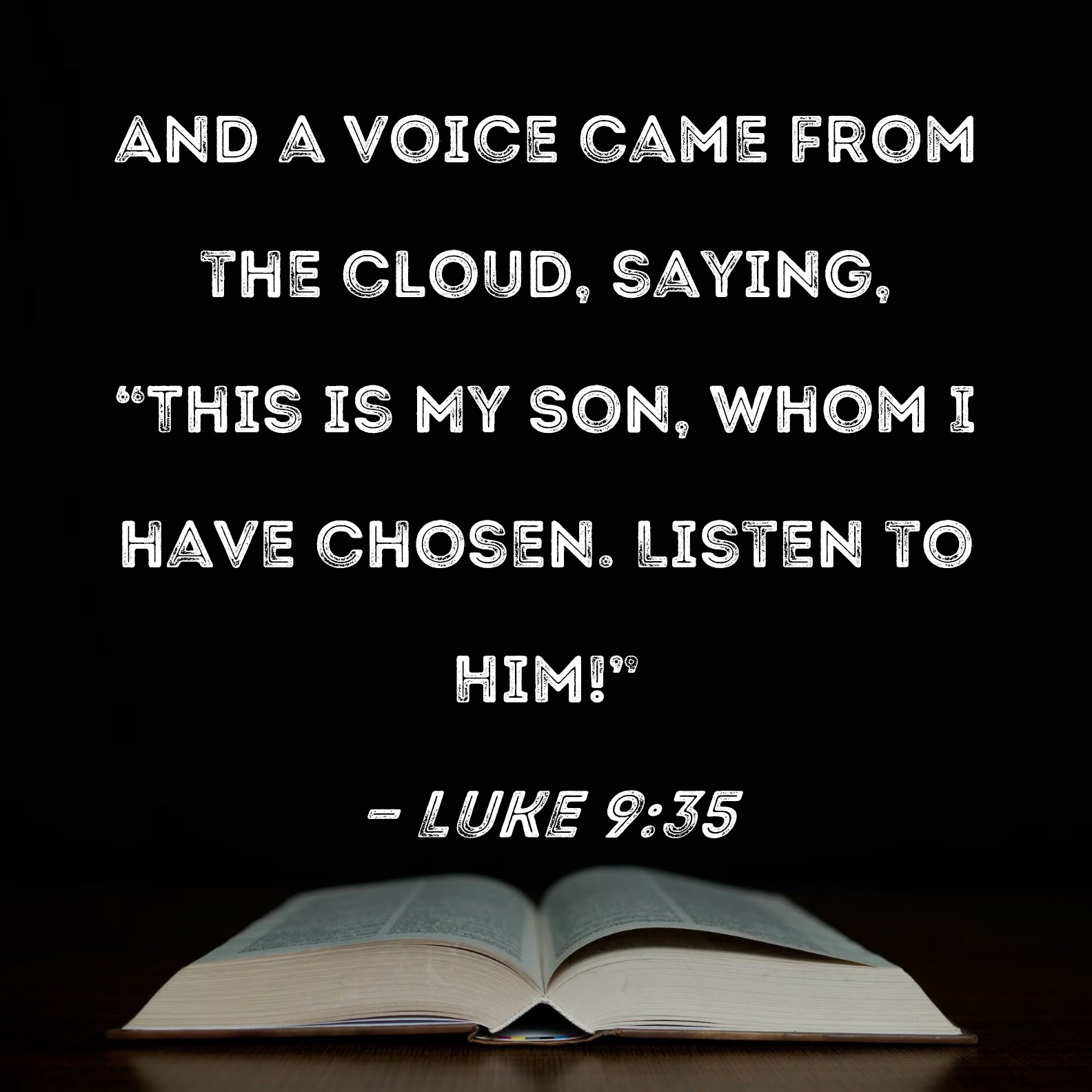





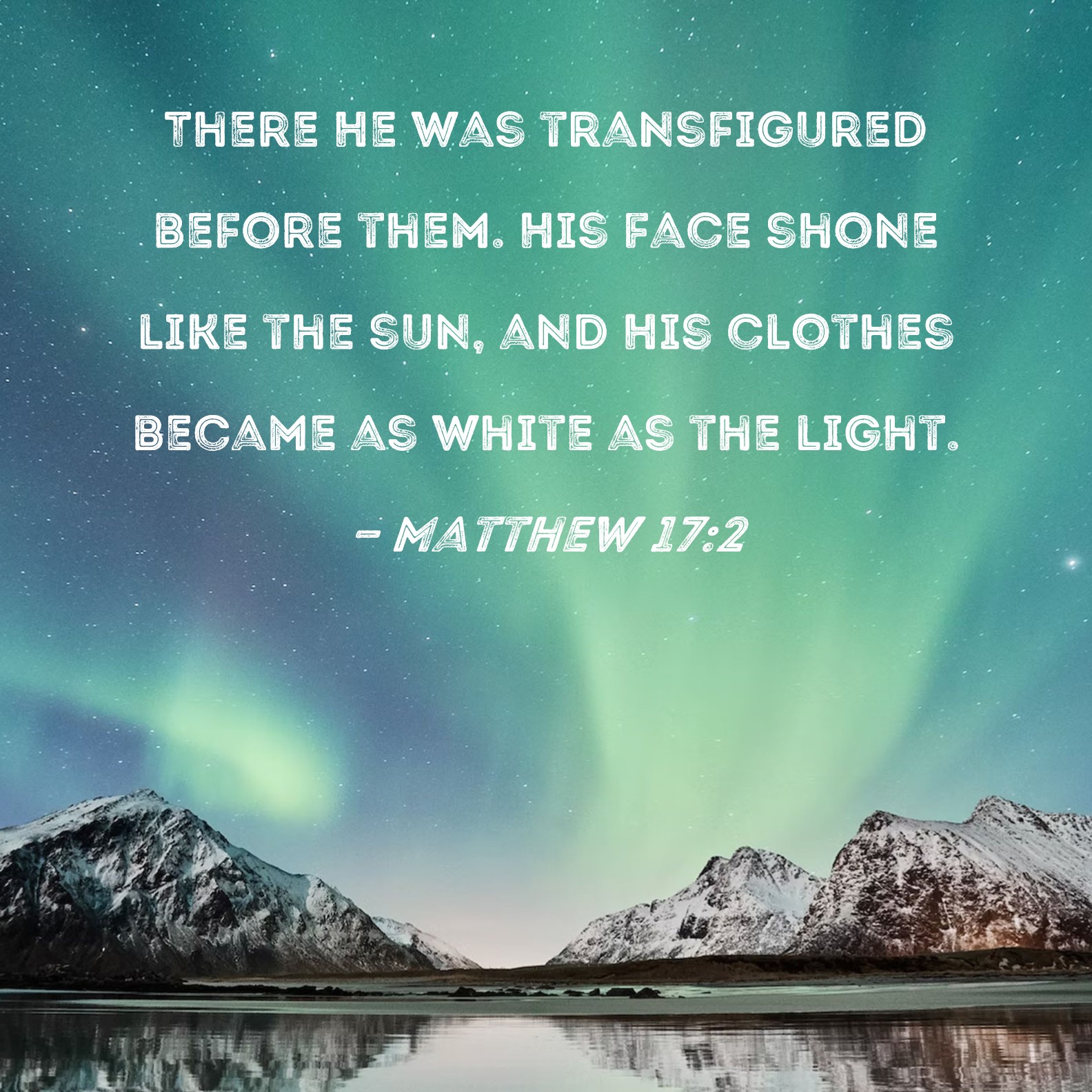





![Revelation 1:14 (lsv) - and His head and hairs [were] white, as if ...](https://img2.bibliaya.com/Bibleya/verse/revelation-1-14-lsv.jpg)









































































